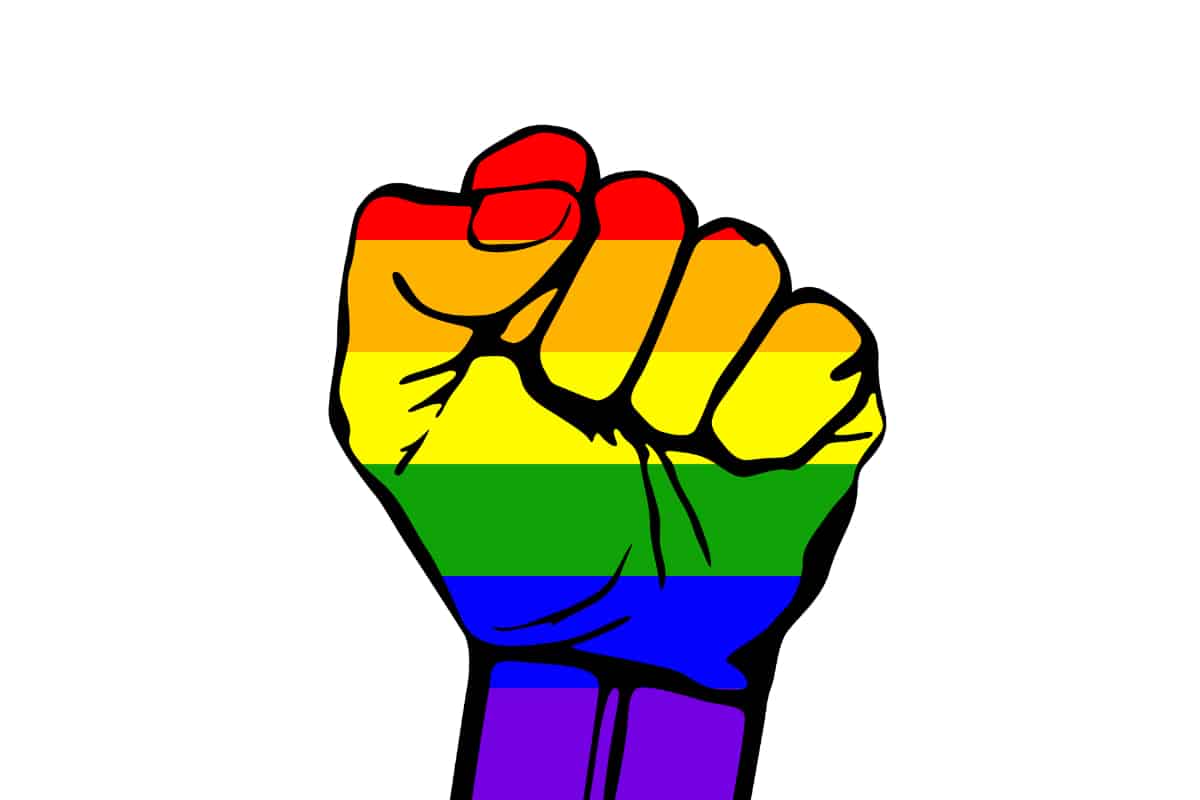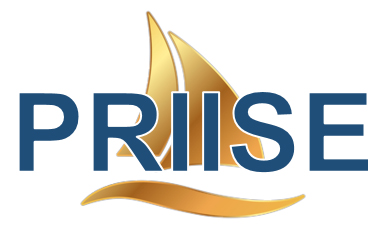
By Derek T. Dangerfield II, PhD
On the heels of DC Black Pride, I am reminded of the importance of engaging the community and thinking of meaningful ways to build trust and encourage research participation among Black gay, bisexual, and other sexual minority men.
Black gay men are often referred to as an “elusive” or “hard to reach” community; studies consistently discuss challenges recruiting sufficient numbers of Black sexual minority men or retaining individuals for follow-up. Moreover, in research discussions, Black gay men have shared that they do not disclose the full range of their experiences, attitudes, or behaviors to non-Black researchers partly because of beliefs that others do not care about their social challenges or their quality of life. Some also believe that others will not interpret the findings of their research about the community correctly.
The barriers to recruitment, engagement, and retention in studies are important to acknowledge and address because not only does not having adequate representation in the sample increase bias, but lack of full disclosure can invalidate findings and prevent scientists from generating helpful solutions for the community. Consequently, careful attention to the ways in which we approach Black gay men to gain their trust and participation in studies is crucial to improving our ability to accrue representative samples and obtaining full engagement (including retention).
Over the past 10 years, I have successfully recruited and engaged Black sexual minority men in research and they disclose very personal information regarding sexuality, trauma, and substance use. According to them, their interest, willingness, and engagement is largely due assumptions about my in-group membership and beliefs that I will understand, interpret, and disseminate the results of the study better than others. It has been my experience that establishing genuine partnerships with local gatekeepers, clinics, and community-based organizations before conducting research in the community facilitates stronger community endorsement and enhances study participation.
I am often asked, “How can non-Black researchers better recruit and engage Black sexual minority men?” I conducted focus groups in which I posed this question to participants in a 2021 study published in the Journal of Medical Internet Research, to which many agree with the statement:
“I feel like it’s the wrong question to ask…I think the question really should be, ‘how can we find more Black researchers? And how can we get more Black doctors? And how can we set them up for success in areas where they’re able to actually reach out with their community, right?’ Like, the solution is not necessarily to place white doctors in black communities. That’s an extra barrier. And as a researcher, I don’t know why you would wanna do that.”
Respectful in-group membership is a strong signal to the community that the research might be trustworthy and culturally relevant. Therefore, research teams must not only be representative but must reflect an understanding of the dynamics within the community regardless of cultural similarities. Addressing recruitment challenges requires thoughtful, representative, and culturally sensitive approaches. Studies about Black gay men are no different. Such studies should be led by and be inclusive of Black gay scientists and team members, utilizing community-based protocols and providing clear, transparent communication about the purposes and uses of the research.
As we begin the Pride Month, the following questions remain:
- What are some innovative ways that researchers can recruit and engage Black sexual minority men?
- What aspects of culture and community must be understood to build trust and increase Blck gay men’s willingness to participate in studies?
- How can digital technology or limited interaction studies improve recruitment, build trust, and enhance study engagement?
